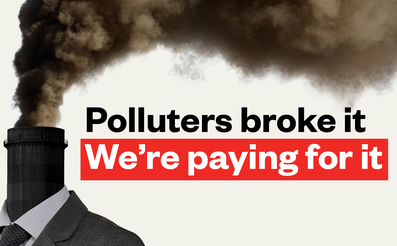TikTok's search algorithm directs new 13-year-old users to porn, in apparent breach of new UK law
TikTok suggests sexually explicit search terms to 13-year-olds directing them to porn, in apparent breach of UK law, Global Witness finds

New threats on the frontline
-
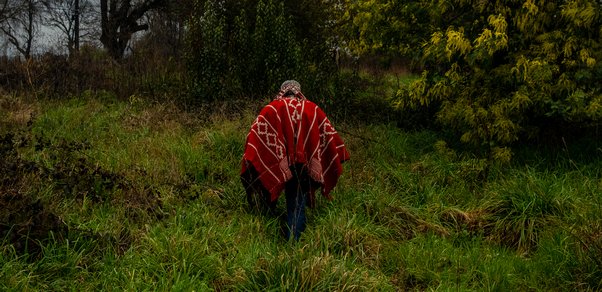
Roots of resistance
Land and environmental defenders face extreme violence, criminalisation and lack of protection around the world, with 146 killed or disappeared in 2024
-
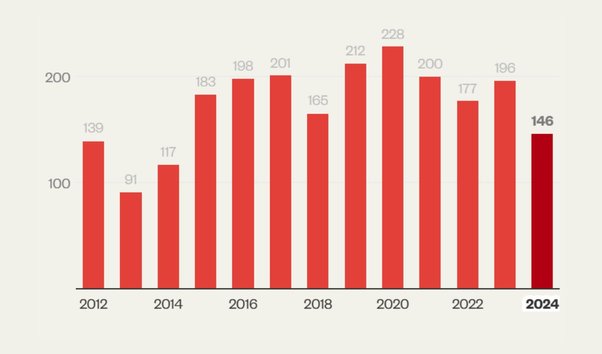
In numbers: Attacks against defenders since 2012
Explore our full dataset to find out where killings of defenders are occurring, which industries are responsible, and how this violence has changed over time
-
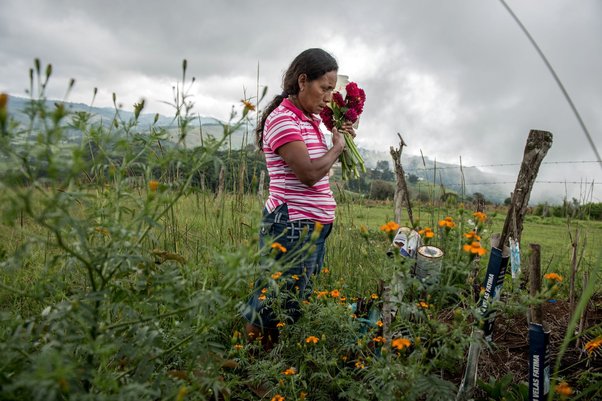
Documenting killings and disappearances of land and environmental defenders
How we work with partners to gather evidence, verify and document every time a land and environmental defender is killed or disappeared

Toxic platforms, broken planet
Land and environmental defenders are suffering from online abuse, with harassment reportedly leading to real-life violence and silencing those fighting to protect our planet
Criminalisation wave
-

The criminalisation of land and environmental defenders in Asia
In Asia, detentions and criminalisation of defenders are becoming increasingly common. Patterns in the types of laws being used are starting to emerge. Here we analyse these and look at how governments weaponise laws to detain defenders in the region
-

What is red-tagging, and how does it harm climate action?
Red-tagging – which falsely brands legitimate activists as terrorists – is used to silence land and environmental defenders online and IRL
-
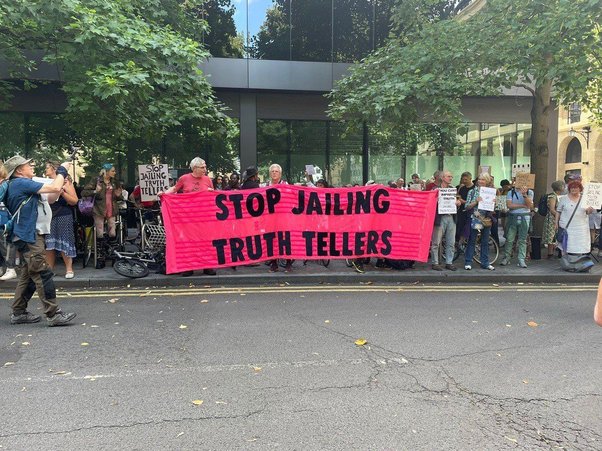
Labour must end criminalisation of climate protesters
Five Just Stop Oil activists have been sentenced under the UK's draconian new protest laws criminalising civil disobedience. Will Labour reverse these laws?
Make polluters pay
-
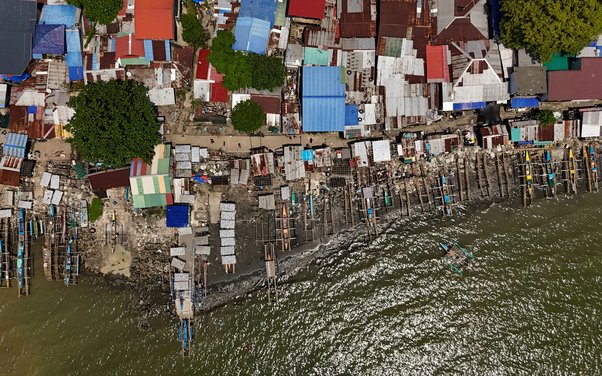
It's only fair that polluters pay for climate change costs
With the costs of climate change impacts rapidly rising, the billions pocketed by the fossil fuel industry is an insult to the communities worst hit by extreme weather. It’s time to make polluters pay for the damage they’ve caused
-
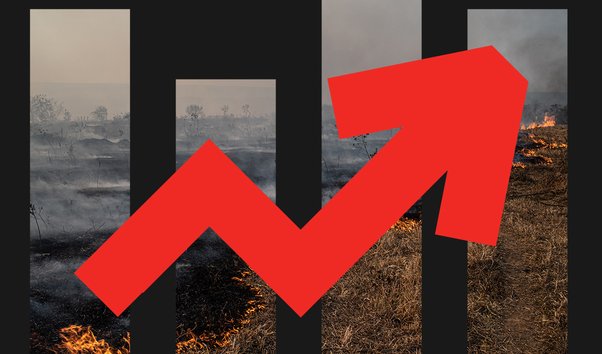
Taxing polluters for a fairer, greener society
Tax Justice UK, Oxfam GB and Global Witness outline a suite of evidence-based policies the UK government could take to ensure those most responsible for climate breakdown pay their fair share and raise billions of vital revenue
-

Polluters spend millions lobbying against climate laws in California
As floods and wildfires mount in California, Big Oil has been lobbying hard against Superfund Act, which would make polluters pay for climate change damages
The time for change is now
The climate crisis is no longer an event on the horizon. It’s here, it’s now. Find out how you can support our work to tackle its root causes.


About us
Global Witness is an investigative, campaigning organisation that challenges the power of climate-wrecking companies, and stands with the people fighting back
